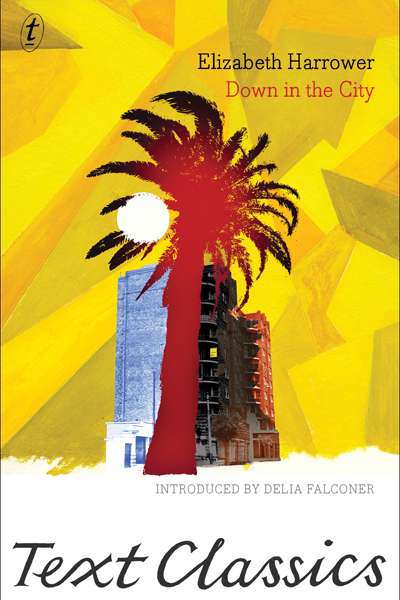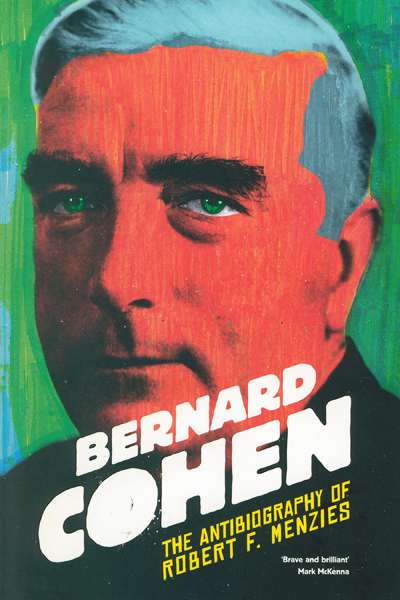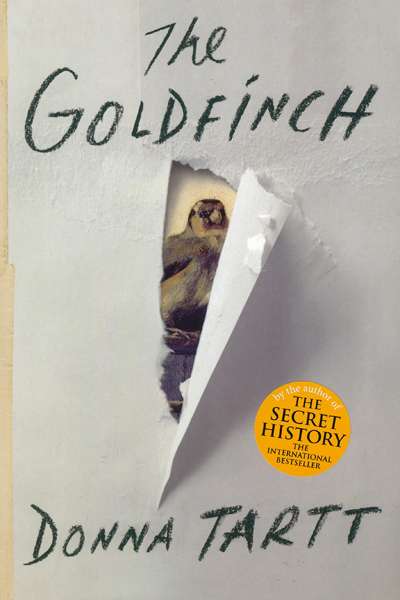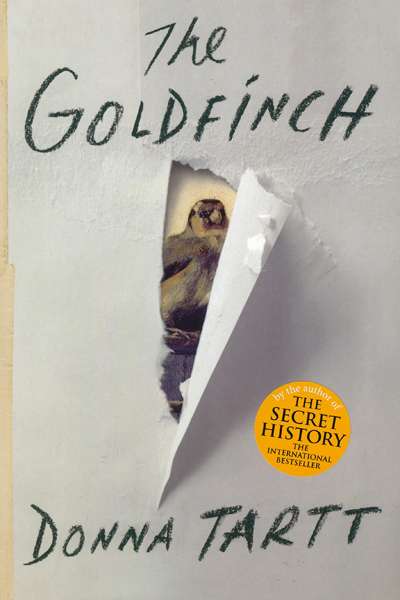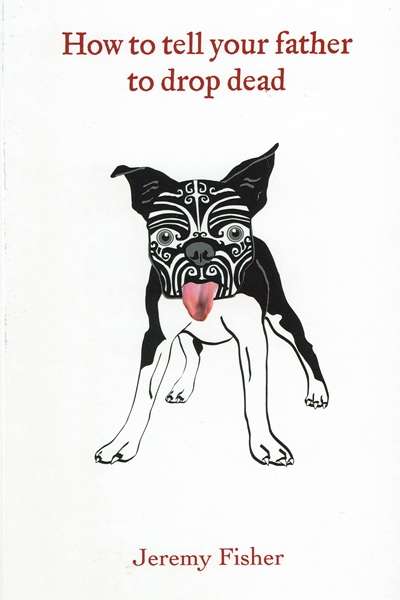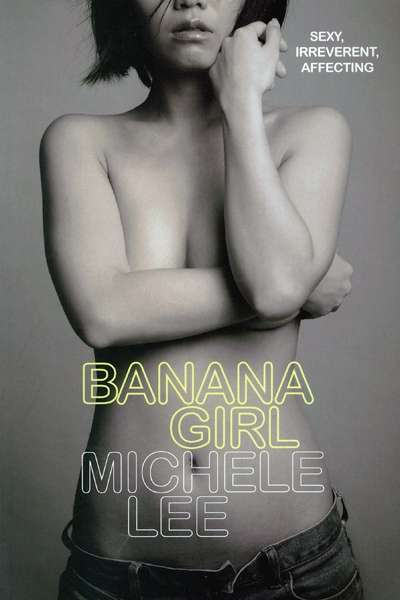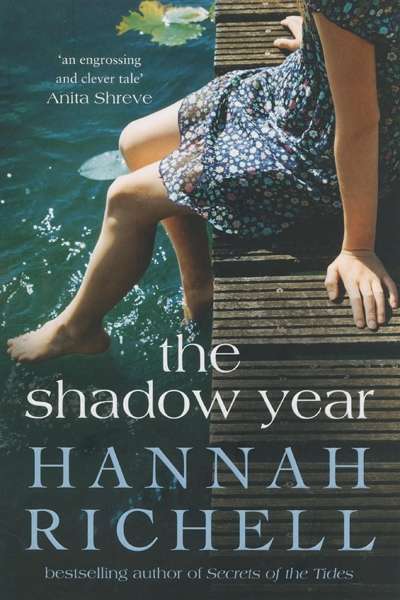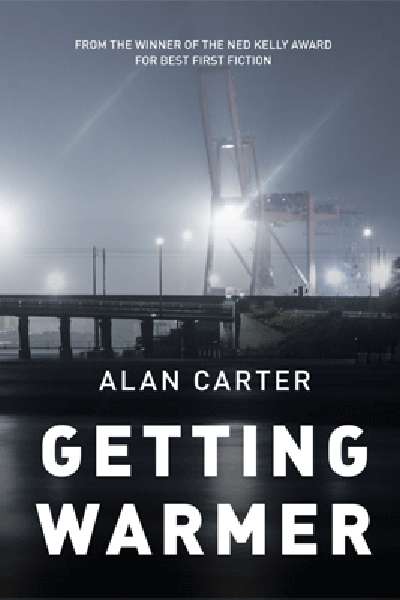Fiction
Elizabeth Harrower’s début novel was first published by Cassell in London in 1957. Down in the City begins with a hymn to Sydney, with its beaches, harbour suburbs, city arcades – and disreputable Kings Cross, ‘a haven for the foreigner and racketeer; a beacon for long-haired boys, mascaraed women and powdered men. It is Montmartre: it is bright and wicked.’
... (read more)The Antibiography of Robert F. Menzies by Bernard Cohen
Above the line’, a narrator begins a story. At a specific moment in time, a specific fictional character appears and something is about to happen. ‘Below the line’, another narrator begins a different story, a story in notes, footnotes, ‘citational backup’ for the story ‘above’. You have begun reading Bernard Cohen’s new novel: a work in story and notes, a game, a play of genre, a performance.
Donna Tartt has produced just one novel a decade so far: The Secret History, which came out in 1992 to enormous success; The Little Friend, ten years later, which barely rippled the surface of the literary world; and now The Goldfinch, which I suspect will achieve at least the standing of her first novel. Her novels possess a signature of sorts: crisply polished prose, perfect syntax, beautifully observed places and events, tricky characters, and unresolved crimes. They also explore the difficult world of adolescence, with their principal characters either witness to, or active participants in, those crimes. To this extent they possess a family resemblance to crime fiction; but they refuse to obey its conventions. The world is not restored to order at the end of her novels; the guilty are not punished, or the innocent rewarded. Instead, events and consequences roll indifferently on, unconcerned by fairness or justice or right, leaving the narrator to stumble through an attempt to make sense of what is in fact almost entirely random.
... (read more)Donna Tartt has produced just one novel a decade so far: The Secret History, which came out in 1992 to enormous success; The Little Friend, ten years later, which barely rippled the surface of the literary world; and now The Goldfinch, which I suspect will achieve at least the standing of her first novel. Her novels possess a signature of sorts: ...
How to Tell Your Father to Drop Dead by Jeremy Fisher
The title of Jeremy Fisher’s latest tome is deceptive. This reviewer expected a zany children’s book. Actually, How to Tell Your Father to Drop Dead is a subdued look at masculinity in Australian history. The text comprises autobiographical fragments and short stories. Fisher recalls growing up in a culture where homosexuality was ‘invisible’. He describes the heady days of the Gay Liberation movement in the 1970s. The author remembers his relationship with his father. The older man is described as an Errol Flynn lookalike who, at the age of sixteen, killed a boar and whose body was (decades later) cremated alongside that animal’s tusks. There is a piece on gay male sadomasochism in Sydney’s western suburbs.
... (read more)Writing a memoir at the age of thirty may seem like an exercise in self-indulgence: what wisdom could one possibly impart amid the universal tumultuousness of the Saturn Return? Seemingly aware of the predicament, the author of Banana Girl doesn’t pretend to deliver any answers, her memoir instead giving a more immediate snapshot into the life of a twenty-something; specifically, the life of Michele Lee, an Asian-Australian playwright on the cusp of thirty, living in Melbourne’s inner north.
... (read more)Ever since Raymond Chandler decreed in The Simple Art of Murder (1950) that ‘Down these mean streets a man must go who is not himself mean, who is neither tarnished nor afraid’, writers of hard-boiled crime fiction have queued up to take a shot at creating a hero who is less of a paragon than Chandler’s prescription and therefore supposedly more credible. Some, like James Ellroy, even abandon the project altogether, declaring the streets of the modern Western city to be so detestably mean that no one resembling Philip Marlowe could possibly be found on them.
... (read more)Shadows, shallows, tides, secrets, aching hearts, and tragedy. ‘The love and the grief and the joy and the pain and all the emotion’ – oh the emotion – in Hannah Richell’s new novel, centred around a secluded lake, can leave one feeling thoroughly water-logged. Richell’s close follow-up to Secrets of the Tides (2012) uses similar techniques to depict another troubled family that must confront secrets from its past.
... (read more)Fremantle is rapidly becoming a preferred setting for novelists seeking to explore the hidden costs of the mining boom. Within weeks of the publication of Tim Winton’s Eyrie, which is haunted by the crime and gritty emptiness of the city’s rough side, we now have Getting Warmer, Alan Carter’s second novel and the sequel to Prime Cut (2011).
... (read more)Rules of Summer by Shaun Tan & Kissed by the Moon by Alison Lester
Never ruin a perfect plan’ is one of the masterful Shaun Tan’s Rules of Summer (Lothian, $24.99 hb, 52 pp). On a bone-strewn landscape, four thimbles with legs, tails, and horned heads are caught mid-procession. Two of them carry a knife and fork twice their height. The smallest one has turned its Ned Kelly visor head to salute. In doing so, he has trodden unaware on the tail of the one in the lead, who is carrying a strawberry as big as himself. The tip of the tail lies under his foot, dropped like a skink’s. A crow watches from the shadows. The narrative in this one picture would be enough to keep a reader absorbed for hours. The many colours of summer are textured contrasts.
... (read more)

